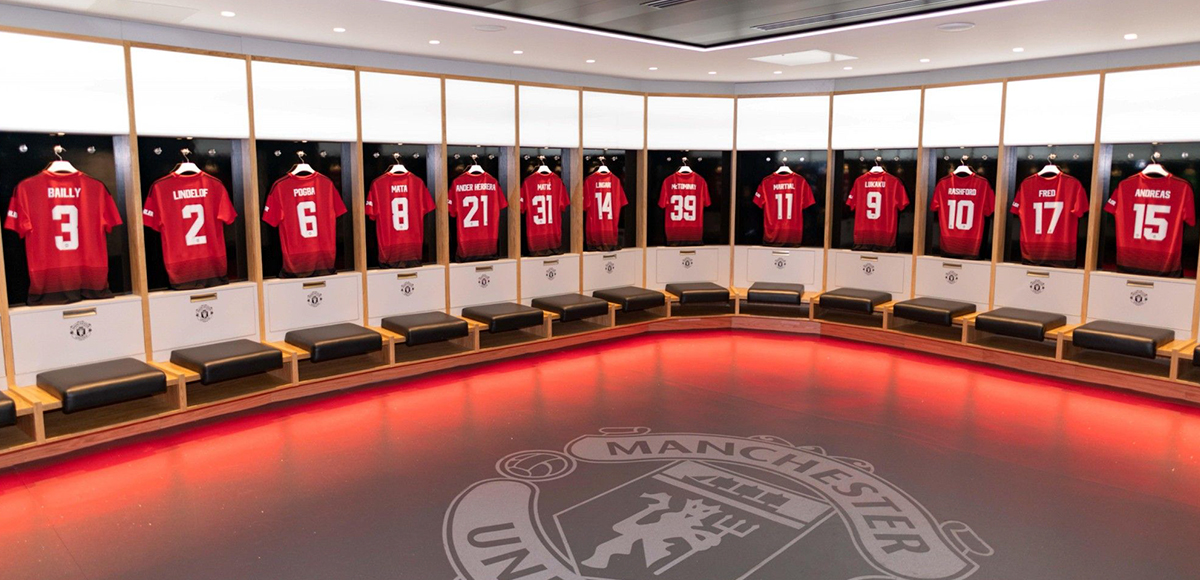Few players have embodied the spirit of Manchester United as completely as Roy Keane. A midfield powerhouse, the Irishman was the driving force behind United’s dominance during Sir Alex Ferguson’s golden era. Fierce, uncompromising, and utterly dedicated to winning, Keane’s 12 years at Old Trafford were marked by extraordinary highs, bitter controversies, and an enduring legacy that still resonates with fans today.
The Arrival of a Leader
Keane joined Manchester United in 1993 from Nottingham Forest for a then British-record fee of £3.75 million. Even at that early stage in his career, his combative style and relentless work ethic were evident. At Forest, under the tutelage of Brian Clough, Keane had already shown flashes of the player he would become, though he left without silverware as the club struggled during his tenure. His move to Old Trafford was a step into the limelight—and he wasted no time making an impact.
In his debut season, Keane helped United secure their first League and FA Cup double. This was just the beginning of a glittering career that would see him lift seven Premier League titles, four FA Cups, and a Champions League trophy as part of the historic 1999 treble-winning team.
The Treble Season and Juventus Heroics
Keane’s finest hour arguably came during the 1998/99 UEFA Champions League semi-final against Juventus. With United trailing 2-0 on aggregate in Turin, Keane produced a performance for the ages. He scored the goal that sparked an incredible comeback, leading his team to a 3-2 victory and securing their place in the final. Despite knowing that a booking in that match would rule him out of the final, Keane played with unrelenting intensity and selflessness.
Sir Alex Ferguson later described it as “the most emphatic display of selflessness I have seen on a football field.” Without Keane’s leadership that night, United might never have completed their historic treble.
Captain Fantastic
Keane was appointed club captain in 1997 following Eric Cantona’s retirement. As skipper, he epitomised Ferguson’s ethos of hard work and unrelenting desire to win. His leadership style was direct—some might say brutal—but it was effective. He demanded excellence from himself and his teammates, often holding them to impossibly high standards. His infamous dressing-room tirades became part of his legend.
One such incident occurred during United’s Champions League campaign when Keane criticised what he perceived as a lacklustre atmosphere at Old Trafford, coining the term “prawn sandwich brigade” to describe corporate fans who lacked passion for the game.
The MUTV Incident and Departure
Keane’s relationship with Ferguson began to sour in 2005 after an infamous MUTV interview in which he criticised several teammates following a poor performance against Middlesbrough. Never one to mince words, Keane called out players like Rio Ferdinand and Darren Fletcher for what he saw as subpar efforts.
Ferguson responded by calling a team meeting where tensions boiled over. According to reports, tempers flared to such an extent that Ferguson had to be restrained from physically confronting Keane. The fallout was irreparable; shortly after, Keane left United by mutual consent.
Reflecting on this period years later, Keane admitted: “As much as I’m not one to hold a grudge, I wouldn’t forgive Ferguson… The media spin, how I apparently upset everybody—it was all nonsense.”
Despite their fractious relationship, Ferguson has always acknowledged Keane’s immense contribution to United’s success: “He was the best player I ever worked with,” Ferguson once said.
Life After United
Keane moved north of the border to join Celtic after leaving Manchester United. Though his time there was brief—just ten games—he added two more trophies to his collection: the Scottish Premier League and Scottish League Cup.
Following his playing career, Keane transitioned into management and punditry. His managerial stints at Sunderland and Ipswich Town were mixed but showed glimpses of his fiery personality on the touchline. As a pundit, he remains as outspoken as ever, offering brutally honest assessments that echo his playing days.
Keane Today: A Professional Perspective
In recent interviews, Keane has made it clear that while he respects Manchester United as an institution, he doesn’t consider himself a fan of any club he played for including Nottingham Forest or Celtic. Speaking on The Overlap, he revealed: “I don’t have that affinity with the clubs I’ve played for… Their results don’t make or break my weekend.”
Instead, Keane views football through a professional lens these days: “I have more of an insight with how it works at [United]… but I wouldn’t say I’m a fan.”
Legacy at Old Trafford
Despite his claims of emotional detachment from Manchester United, Keane’s legacy at Old Trafford is undeniable. For many fans, he remains one of the greatest captains in the club’s history a player who gave everything on the pitch and inspired those around him to do the same.
United could certainly use someone of Keane’s calibre today. His tenacity in midfield and refusal to accept mediocrity are qualities sorely missed in modern football. As Ruben Amorim seeks to rebuild United into title challengers once more, finding players with even a fraction of Keane’s determination will be crucial.
A Complex Icon
Roy Keane is a figure who defies easy categorisation. He is both revered and polarising—a player whose brilliance on the pitch was matched only by his volatility off it. Whether leading United to glory or clashing with Ferguson behind closed doors, Keane always stayed true to himself.
For Manchester United fans, Roy Keane will forever be remembered not just as a player but as an embodiment of everything that made Ferguson’s teams so formidable: passion, grit, and an unyielding will to win.


